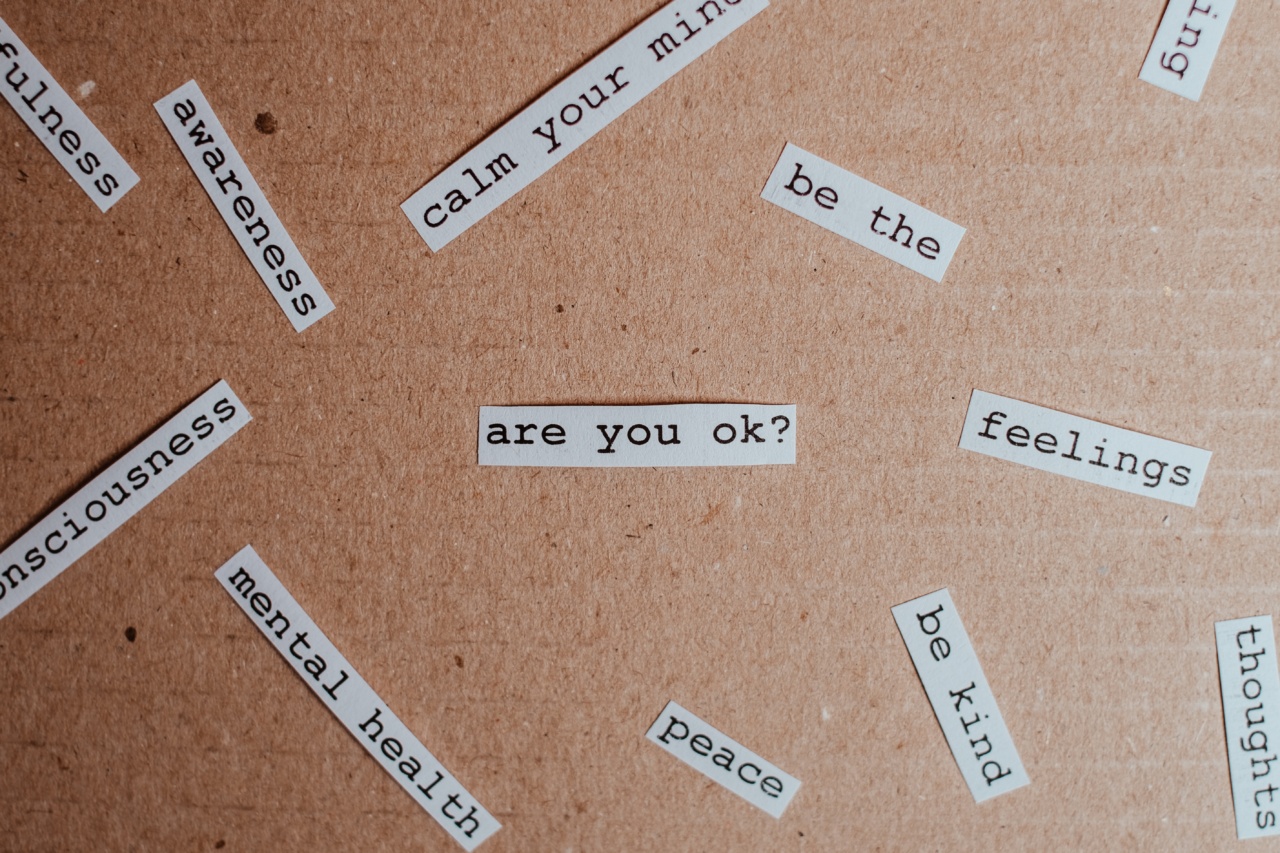Feeling hungry is a natural bodily response when your body needs fuel. However, if you constantly feel hungry even after eating, there could be several underlying reasons.
1. You’re Not Eating Enough Protein
Protein is essential for building and repairing tissues, promoting strong bones and muscles, and regulating hormones and enzymes in your body. It also helps keep you full for longer periods, reducing your overall food intake.
If you’re not eating enough protein, your body will constantly signal you to eat more.
Make sure to include protein-rich foods in every meal, such as meat, fish, eggs, tofu, beans, and nuts.
2. Your Diet is High in Sugars and Carbs
Consuming high amounts of refined sugars and carbohydrates such as processed foods, sugary drinks, and sweets can cause your blood sugar levels to spike and then quickly drop, leading to feeling hungry soon after.
These types of foods also don’t provide long-lasting energy and nutrients needed by your body.
Instead, opt for complex carbohydrates such as brown rice, quinoa, and vegetables. They provide more sustained energy and keep you feeling full for longer periods.
3. You’re Not Drinking Enough Water
The sensation of thirst can often be mistaken for hunger. Your body needs water to function, and not drinking enough can cause dehydration, leading to feelings of hunger and low energy levels.
Drinking water before meals helps suppress hunger sensations and can reduce overall food intake.
4. Your Body is Lacking Nutrients
When your body lacks essential nutrients such as iron, magnesium, and vitamin B12, it can cause cravings and feelings of constant hunger. These nutrients play important roles in energy production, metabolism, and overall bodily functions.
If your diet is lacking these nutrients, make sure to incorporate foods or supplements that contain them.
5. You’re Stressed or Anxious
Stress and anxiety can cause fluctuations in hormone levels such as cortisol, which can increase feelings of hunger. In addition, stress can cause emotional eating, leading to overeating and weight gain.
Try to manage stress and anxiety by practicing relaxation techniques such as yoga, meditation, or deep breathing. Eating nutrient-rich foods, getting enough sleep, and engaging in regular physical activity are also important in reducing stress levels.
6. You’re Not Getting Enough Sleep
Lack of sleep can disrupt hormone levels that regulate appetite, causing feelings of increased hunger. Sleep-deprived individuals also tend to consume more high-fat, high-calorie foods, leading to weight gain.
To improve sleep, establish a regular sleep schedule, avoid caffeine and nicotine before bed, and create a relaxing sleep environment.
7. You Have a Medical Condition
In some cases, constant hunger can be a symptom of an underlying medical condition such as diabetes, hypothyroidism, or a digestive disorder.
If you’re experiencing ongoing feelings of hunger or unexplained weight changes, it’s important to speak with your healthcare provider to rule out any serious medical issues.
Conclusion
Feeling hungry is a natural response, but constant hunger can be a sign of an underlying issue.
By addressing factors such as diet, hydration, stress, sleep, and underlying medical conditions, you can reduce feelings of hunger and improve overall health and well-being.































